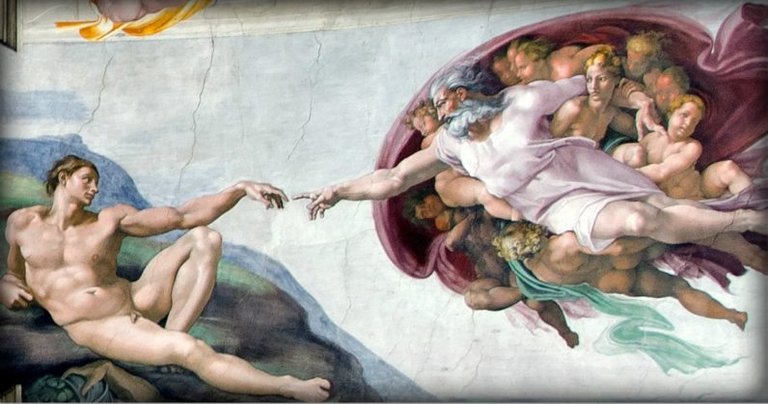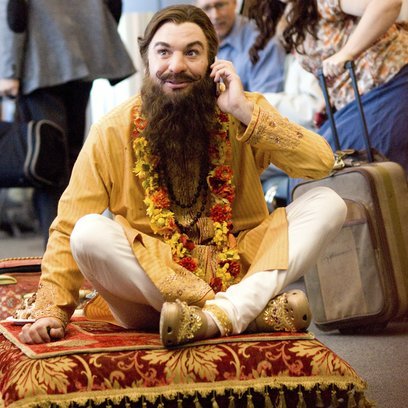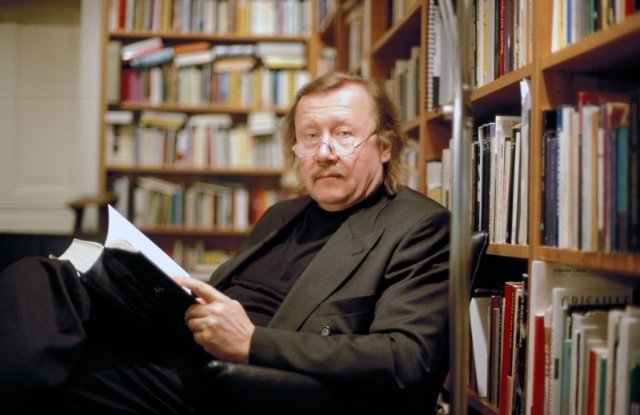
[T]he return of religion after the ‘failure’ of the Enlightenment must be confronted with a clearer view of the spiritual facts.
I will show that a return to religion is as impossible as a return of religion – for the simple reason that no ‘religion’ or ‘religions’ exist, only misunderstood spiritual regimens, whether these are practised in collectives – usually church, ordo, umma, sangha – or in customized forms – through interaction with the ‘personal God’ with whom the citizens of modernity are privately insured.
Thus the tiresome distinction between ‘true religion’ and superstition loses its meaning.
There are only regimens that are more and less capable and worthy of propagation.

The false dichotomy of believers and unbelievers becomes obsolete and is replaced by the distinction between the practising and the untrained, or those who train differently.
Something is indeed returning today – but the conventional wisdom that this is religion making its reappearance is insufficient to satisfy critical inquiries.
Nor is it the return of a factor that had vanished, but rather a shift of emphasis in a continuum that was never interrupted.
The genuinely recurring element that would merit our full intellectual attention is more anthropological than ‘religious’ in its implications – it is, in a nutshell, the recognition of the immunitary constitution of human beings.

After centuries of experiments with new forms of life, the realization has dawned that humans, whatever ethnic, economic and political situation might govern their lives, exist not only in ‘material conditions’, but also in symbolic immune systems and ritual shells.
It is their fabric that we shall discuss in the following.
Why their looms are referred to with the coolly rational term ‘anthropotechnics’ should become self-evident in the course of their description.

I would like to take the first step in justifying our interest in these matters by recalling Wittgenstein’s well-known demand to put an end to the ‘chatter about ethics’.
It has meanwhile become possible to reformulate that part of the ethical discourse which is not chatter in anthropotechnic terms.
[....]
Let me repeat: the stakes are high.
We must confront one of the most massive pseudo-evidences in recent intellectual history: the belief, rampant in Europe since only two or three centuries ago, in the existence of ‘religions’ – and more than that, against the unverified faith in the existence of faith.

Faith in the existence of ‘religion’ is the element that unites believers and non-believers, in the present as much as in the past. It displays a single-mindedness that would make any prefect of the Congregation for the Doctrine of the Faith in Rome green with envy.
No one who overcame religion ever doubted its existence, even if they opposed every single one of its dogmas.
No denial ever confronted the denier with the question of whether its name was justified, and whether it had any lasting value in such a form.
'You Must Change Your Life' by Peter Sloterdijk
https://www.amazon.com/dp/B00OMYS1OW
https://steemit.com/p/@luxcypher/nice-to-meet-you-i-hope-you-guess-my-names